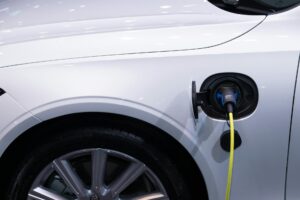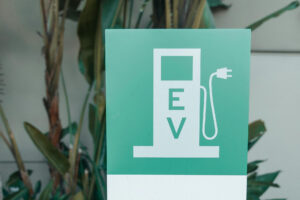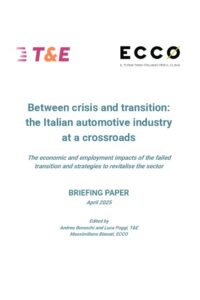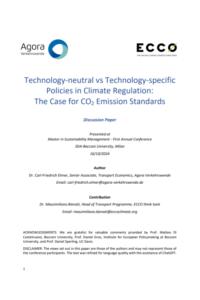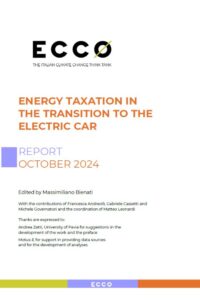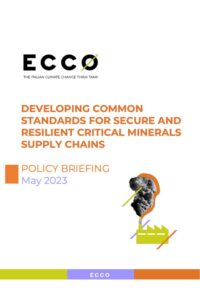With about a quarter of the total, transportation is the second largest sector for energy-related emissions globally. The same is true for Europe and Italy, in fact, in 2019 emissions from the transport sector in our country amounted to 108 million tons of CO2-25 percent of the total-of which 93 percent were associated with the consumption of diesel, gasoline and other fossil derivatives for road transport. In light of these numbers and given the strategic importance of the sector, it is of paramount importance to accelerate the transition to climate neutrality in transport through the adoption of a strategy of technological and organizational efficiency in all segments of passenger and freight transport demand and supply. ECCO’s Transportation program works to accelerate the shift to electric mobility as the most effective and efficient option to help reduce greenhouse gas emissions, reduce fossil fuel consumption, mitigate air pollution, and improve the quality of life and livability of urban areas. At the same time as the gradual but rapid replacement of internal combustion cars with electric vehicles, it is crucial to encourage public mobility, sharing services, and alternative mobility (biking, walking, and other means): the mobility of the future cannot rest on the use of the private car as the main means of travel, but must instead focus on the integration of various sustainable modes of transportation. Charging infrastructure for transportation must integrate with markets for power grid balancing services by enabling vehicles to contribute as back-up systems to the flexibility of electricity demand that is necessary for an all-renewable electricity generation system. Finally, the Transportation program stimulates debate on the necessity and strategic nature of an exit, by 2035 at the latest, of internal combustion vehicles, within a framework of industrial and labor policies that are compatible with decarbonization goals, economic development, and just transition.
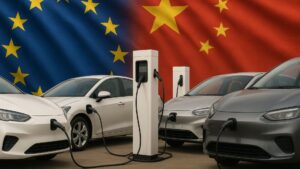
4 July, 2025




